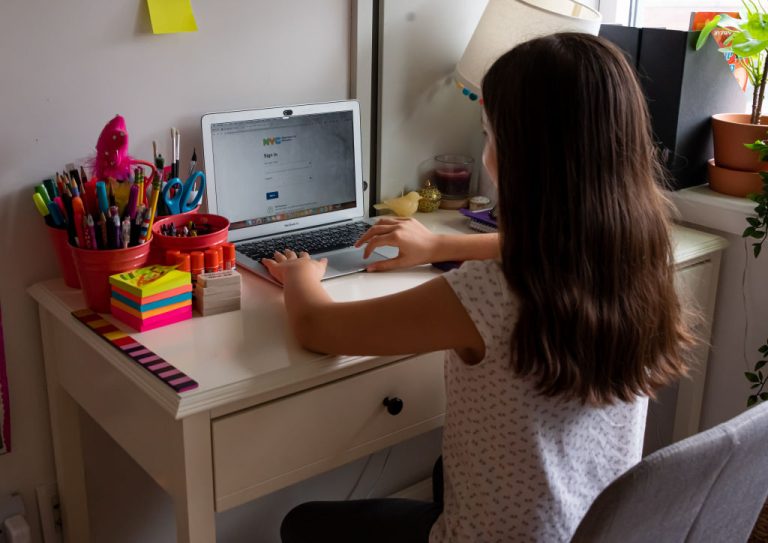According to a report, published on Dec. 9 by the National Home Education Research Institute (NHERI) homeschooled students have consistently performed better on standardized tests than students from public, private and charter schools.
The report cites data from a study entitled “Quantitative Insights into the Academic Outcomes of Homeschools from the Classic Learning Test” produced by Lisa M. Treleaven of the College of Education and Behavioral Sciences at Houston Christian University.
The Classic Learning Test (CLT) is a standardized test developed by Classic Learning Initiatives and was designed as an alternative to other standardized tests such as the SAT and ACT.
The study focused on the performance of homeschooled students from 2016 through to March 2021.
According to the report, results indicated that “on the adjusted total score, homeschool students scored significantly higher than students from all other school types aside from ‘other.’”
Success
You are now signed up for our newsletter
Success
Check your email to complete sign up
The research also found that homeschooled students ranked significantly higher than most other school types in the “adjusted verbal section” and the “writing section.”
“On the quantitative section, homeschool students scored significantly higher than only the public school students,” the report says, adding that, “This is consistent with prior research findings of superior academic performance of homeschool students as compared to other school types.”
The authors of the report conceded that despite the growing prevalence of homeschooling in the United States, particularly during and following the COVID-19 pandemic, “little is known about homeschools in proportion to what is known about other school types, including newer entities such as charter schools.”
Due to various inconsistencies in how individual states document homeschoolers the number of homeschooling families in the United States is difficult to determine however the Census Bureau estimates that nationally approximately 11 percent of American families homeschool their children.
- ‘Music Is Their Language’: School Gives Autistic Chinese Youth a Voice
- Radio Host Turfs School Board Trustee Doctor After Unhinged Pro-mask Rant
- Why Standardized Tests Are Not as Valuable as They Once Were
Possible explanations
In the original study Treleaven writes that “existing research on academic outcomes in homeschools is favorable, with results suggesting that homeschooled students are performing as well as or better than traditionally schooled students. However, several previously mentioned researchers acknowledge that these findings cannot establish homeschooling as the cause of the superior academic performance.”
She goes on to cite works by T. Jameson Brewer and Christopher Lubienski, who have had their work on homeschooling published by ResearchGate, which argues that “While the differences in outcomes between homeschooled students and their public school peers is clear, what is not clear are arguments that there is a causal link between the practice of homeschooling and the higher academic outcomes.”
They go on to argue that factors other than homeschooling may account for the differences in measured performance including the amount of parent involvement or a “higher level of socioeconomic status” among homeschooling families.
Treleaven says that there are “statistically significant differences” in results among homeschool students when gender, money spent, family income and whether the parent is a certified teacher are considered.
Citing Brewer and Lubienski, Treleaven wrote that there was no statistical difference between performance by white and black homeschooling families, a stark contrast to “the persistent racial achievement gap in traditional United States public schools.”
“Research such as this with rigorous methodology is needed in order to investigate potential causative factors contributing to the academic outcomes in homeschools,” Treleaven argues.
No matter the reason for the differences in performance, the implications are profound.
Her research revealed that homeschoolers outscored private schools on the CLT by three points, charter schools by 4.5 points and public schools by 12.2 points.
She acknowledged that homeschooling is not an option for every family, as for homeschooling families, one parent has to forgo an income in order to remain at home to educate their children and that this is a significant barrier to a family starting or continuing to homeschool.















